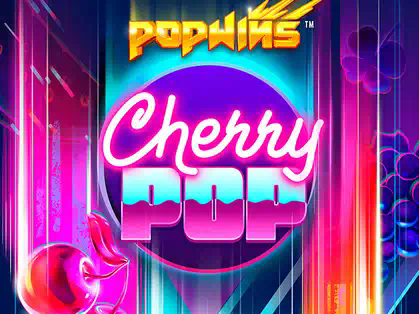A watermelon filter on TikTok is allowing users to raise funds to support civilians in Gaza, where more than 11,000 people have been killed since Israel began an offensive military attack on the Gaza Strip in October, after a Hamas attack killed 1,400 people in Israel and saw roughly 200 civilians taken hostage. Uploaded last week to the platform by Jourdan Johnson, a 27-year-old AR creator, the watermelon filter—a simple tracing game with the user dragging a watermelon across a squiggly line to collect seeds—generates money through TikTok’s Effect Creator program every time someone uses it. The funds go to Jordan, who plans to donate the total to charities bringing aid to people in Gaza.
The watermelon has been a symbol of Palestinian solidarity since the Six-Day War in 1967, when Israel banned public displays of the Palestinian flag in Gaza and the West Bank after seizing control of the areas. Palestinians began using the watermelon, which bears the colors of the Palestinian flag—red, black, white, and green—to get around the law.
Since the Israel-Hamas war started in October, the use of the watermelon has grown as social media users invoke it to show solidarity, amid concern across several social media platforms that any content showing support for Palestinians is being suppressed. Last month, Instagram issued an apology for auto-translating the word “Palestinian” to “terrorist” in some users’ bios. The watermelon as used online is also an example of “algospeak,” or language that can get around TikTok’s content filters—using the watermelon to refer to Palestine is one way creators make sure their content isn’t shadowbanned (removed without their knowledge). In a statement to AlJazeera, TikTok said it does not “moderate or remove content based on political sensitivities.”
On TikTok, the watermelon emoji hashtag has over 1.2 billion views. So Johnson has decided to channel the popularity into fundraising. She tells TIME she wanted to “create a filter with the intent to donate from the start,” and find a new avenue to show support for the Palestinian people in addition to calling her local representatives and joining protests to demand a ceasefire in Gaza.
Since Johnson released the filter last week, it has been used in over 6.5 million videos and, as of publishing, accrued $14,000.
Each day, Johnson posts updates about how much money the filter has generated. Filters on TikTok’s Effect Creator program can start to generate revenue after being used in at least 200,000 videos within 90 days of their creation and can earn up to $14,000.
Across TikTok, the filter has become popular as creators use it and urge their followers to do the same. People can only post one video daily using the filter; posting multiple times in one day still counts as one use of the filter. According to the rewards guidelines, the money accrued is paid out to creators on the 15th of the following month, so the total donations from the watermelon filter will arrive in December.
The effort is one of many ways creators have turned to TikTok to raise money. Earlier this year, two TikTok creators helped raised over $1 million in six hours for an organization that supports gender-affirming care through a TikTok-a-thon livestream, where the two creators were on TikTok live for 30 continuous hours. Two trans TikTokers Mercury Stardust and Jory with a combined 4.6 million followers donated the money to Point of Pride.
Given that Johnson has reached the $14,000 limit, the creator is already considering other ways to raise money.
“I’ve had a few comments ask me if there will be a second filter with the same intent to donate to causes that are providing relief to Gaza,” she tells TIME. “I’ve also had a few comments about filters created to support what’s happening in the Congo and Sudan. So, I would love to create another one and potentially aid the other conflicts that are happening. But I haven’t really decided yet because the success of this one has been really shocking to me.”
